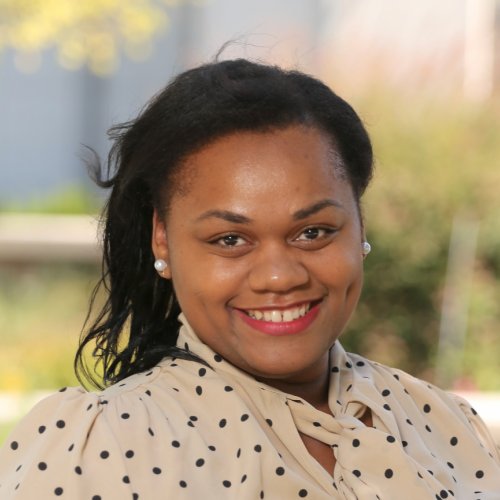
When I first began my higher education journey, I was professionally interested in lab research, so I earned a bachelor’s degree in biology from UNC-Chapel Hill. However, shortly after my time in undergrad, I had the opportunity to work as a research specialist for a large epidemiological cancer study where I worked alongside a team of nurses who traveled to participants’ homes and conducted interviews. My role in the study required me to collaborate and exchange notes with these nurses as I conducted enrollment interviews. One of the nurses took special interest in me and would often encourage me to consider a career in nursing. She spoke highly of my assessment skills, critical thinking, and interest in improving health care and convinced me that these characteristics could be best utilized in the nursing field. She also told me how nursing is one of the few professions where you can graduate and enter any field: health care, science/research, academia, politics, law, technology, etc. After about a month of researching and chatting with other nurses, I made the decision to apply to nursing schools. After graduating with my BSN from North Carolina Central University, I began work as an inpatient nurse in adult hematology and oncology. My work in the clinical setting motivated me to become a nurse educator and to obtain my MSN and PhD.
The next step was to enroll in Winston-Salem State University where I was accepted into the WSSU-Duke Nursing Bridge to the Doctorate program. I graduated with honors from the MSN Advanced Nursing Education program. While pursuing my master’s, I was afforded the opportunity to meet with several PhD students and alumni from DUSON. They were very supportive of me as I made decisions about which programs to apply to and ultimately which offers to seriously consider. Those individuals have remained committed to helping me matriculate through the program.
After my first semester at Duke, I knew I had made the right decision. I met faculty who challenged me to approach research and writing in new ways and have encountered staff, faculty, and students who are not afraid to have tough conversations about ways to address racism and injustices within academia. I have found these challenging but necessary conversations to be a vital means by which I have grown as a black nurse scientist trainee in 21st-century America during a global pandemic.
My current goal is to commit my time, talent and resources to addressing health disparities among survivors of blood cancer. More specifically, I have a special interest in understanding barriers and facilitators to navigating the health care system among black survivors of acute leukemia. This is an understudied area of research that addresses an underrepresented patient population who are survivors of a rare illness. I plan to use the findings from my current work to determine the best patient-centered interventions that may mitigate health disparities.
I have no regrets about my decision to enter the field of nursing. Nursing is not just my job. It is my calling.